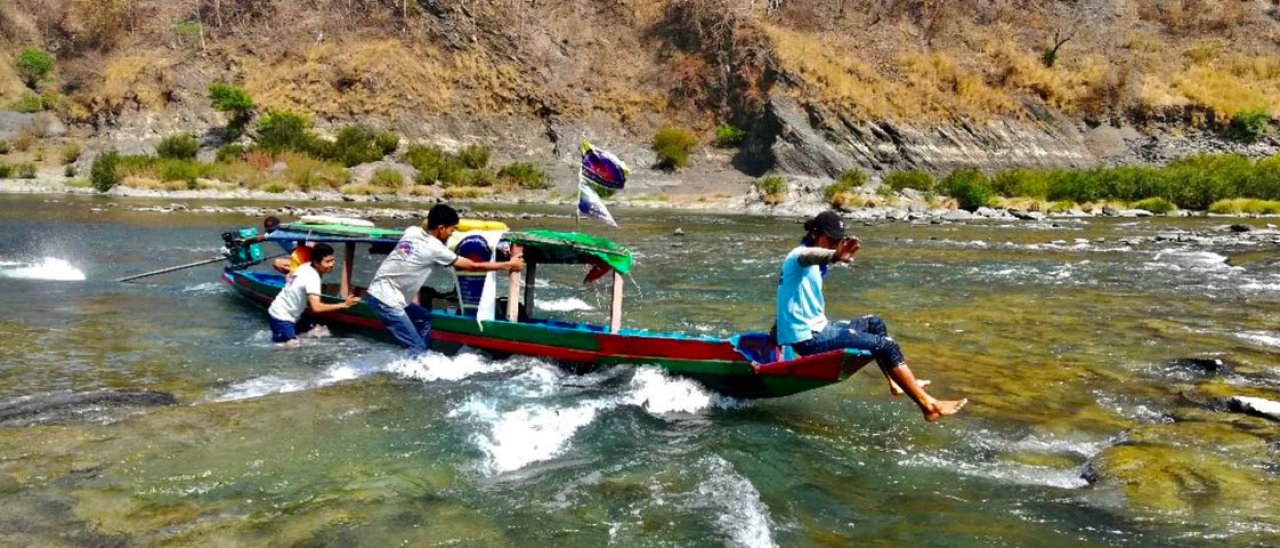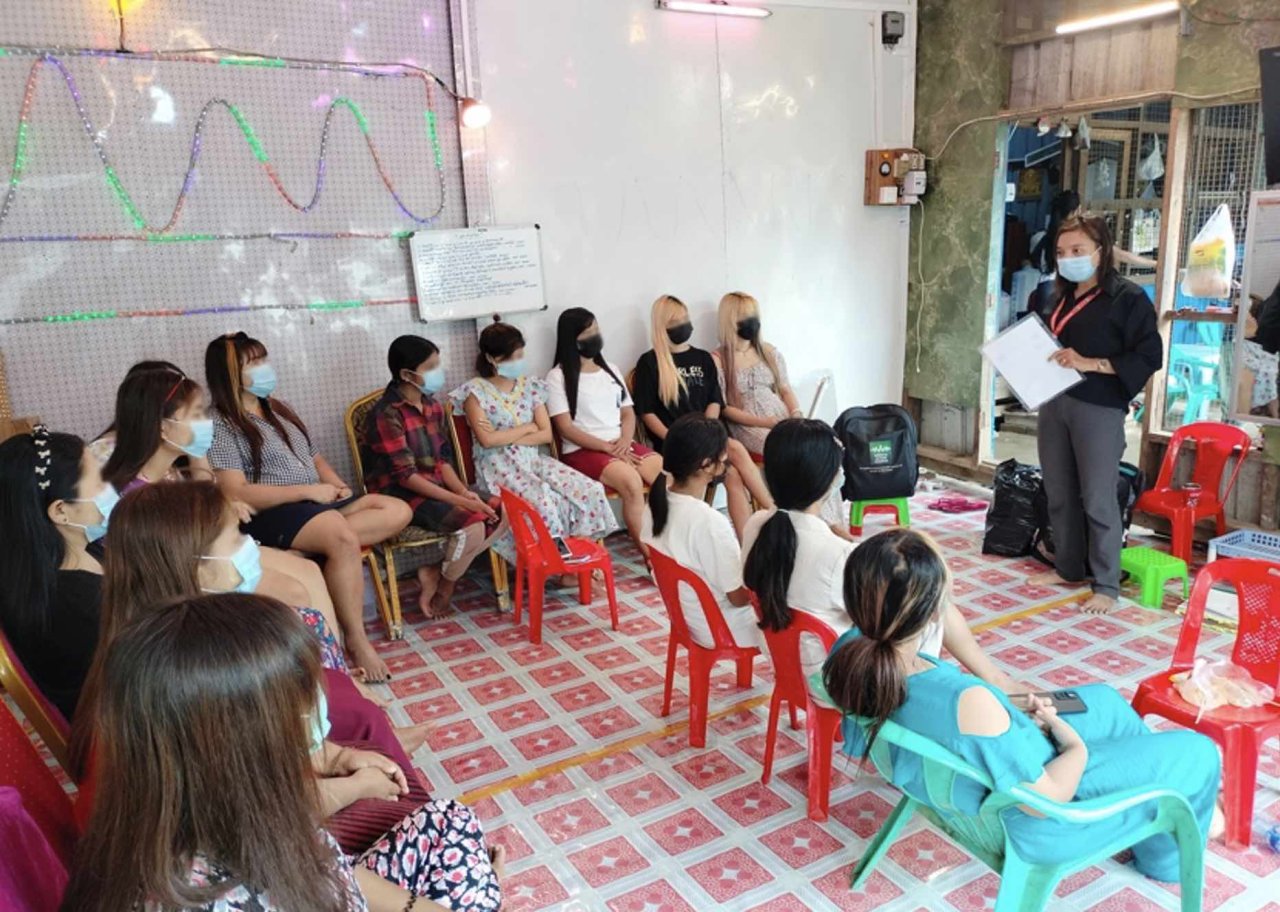
Jenny Walton Masters Women’s Health Education Project
It is better to stop an illness from occurring than it is to treat it after it has happened, therefore, Medical Action Myanmar (MAM) is not only treating illnesses and relieving suffering but also expanding its Health Education activities.
We can expand our Health Education Services for women thanks to the funding received from the Jenny Walton Masters Women’s Health Education Project.
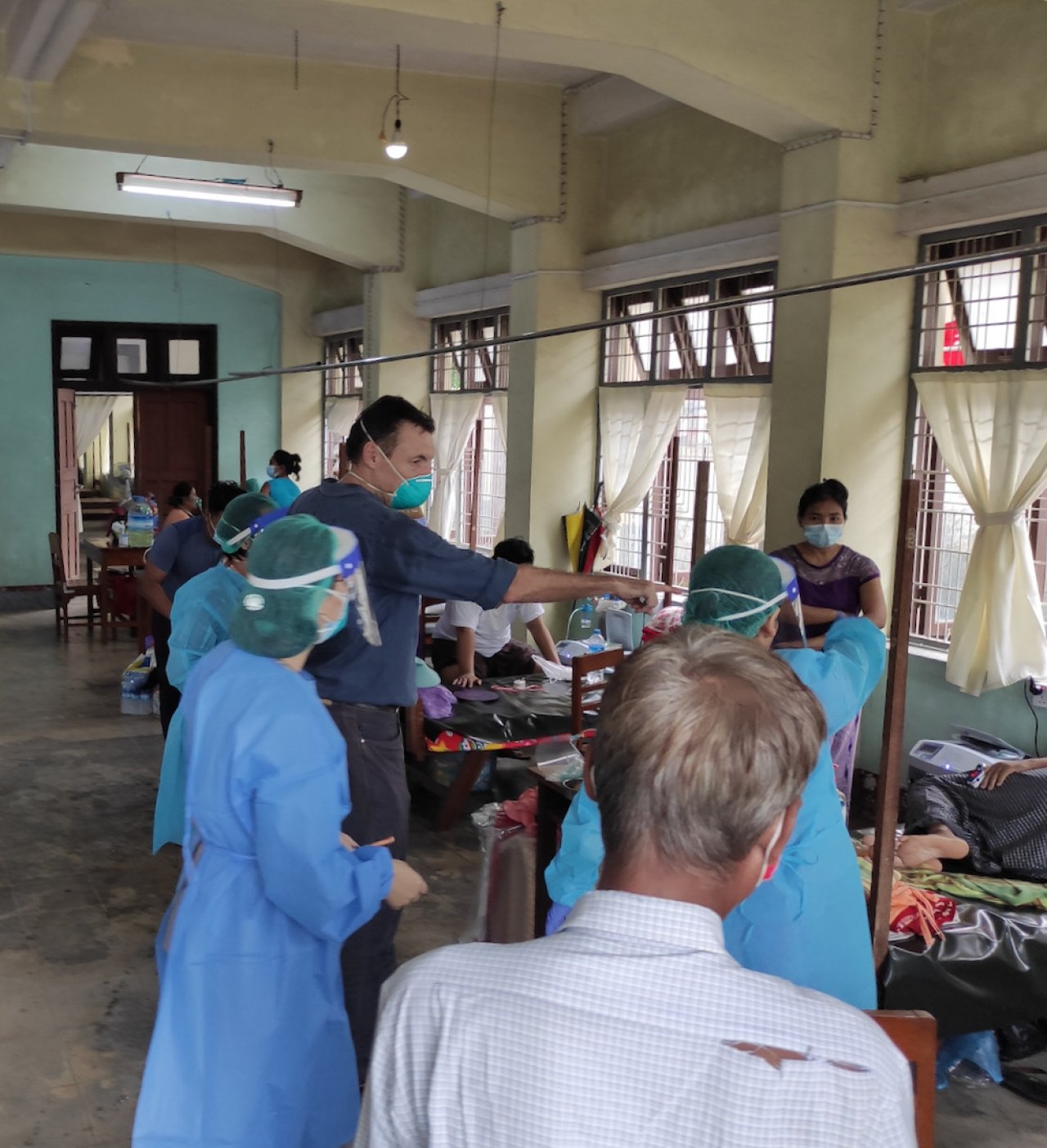
Extremely serious COVID epidemic in Myanmar
Myanmar is in the middle of an extremely serious COVID epidemic at the moment. This is – by far - the worst health care crisis Myanmar has ever faced. And possibly one of the fastest COVID waves the world has seen so far. We decided to set up 12 COVID oxygen treatment centers for severe COVID patients in Yangon, Kayin, Kachin and Sagaing. At the moment we are – unfortunately – the only international medical aid organization that is treating severely ill COVID patients in Myanmar on a substantial scale.
Learn about extremely serious covid epidemic in myanmar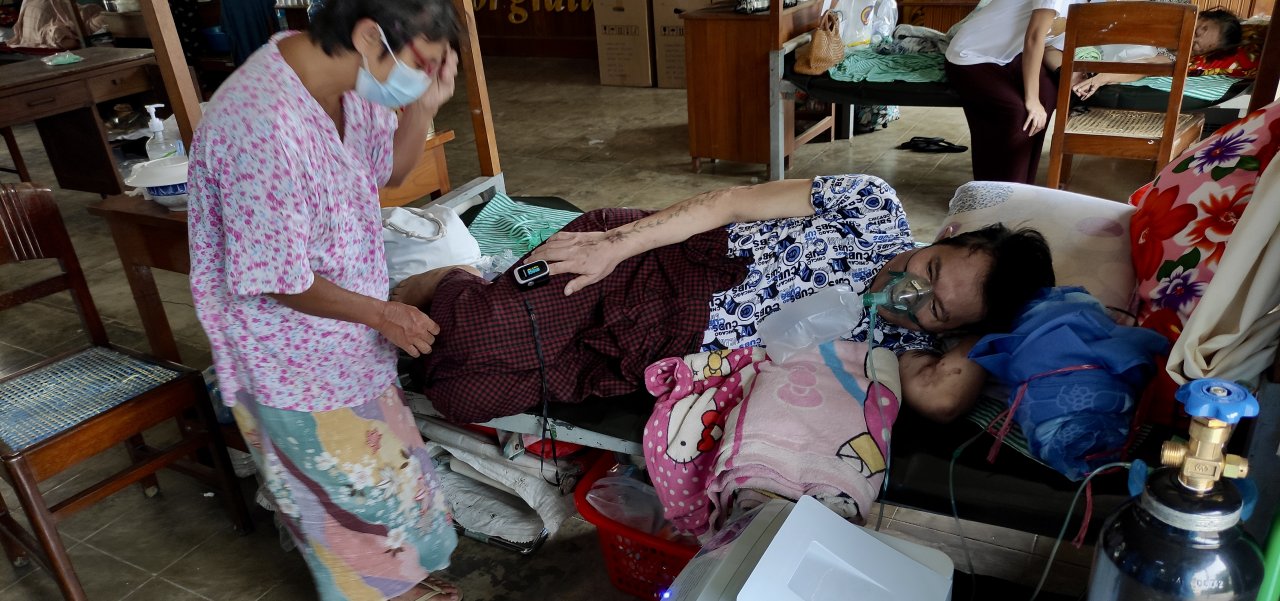
Virus krijgt vrij spel in Myanmar (only in Dutch)
Net nu het toch al zwakke gezondheidssysteem in Myanmar verlamd wordt door stakingen, grijpt het coronavirus om zich heen. Het bergen van doden is lopendebandwerk geworden in Myanmar. In lange rijen liggen de doden bij de crematoria.
Learn about virus krijgt vrij spel in myanmar (only in dutch)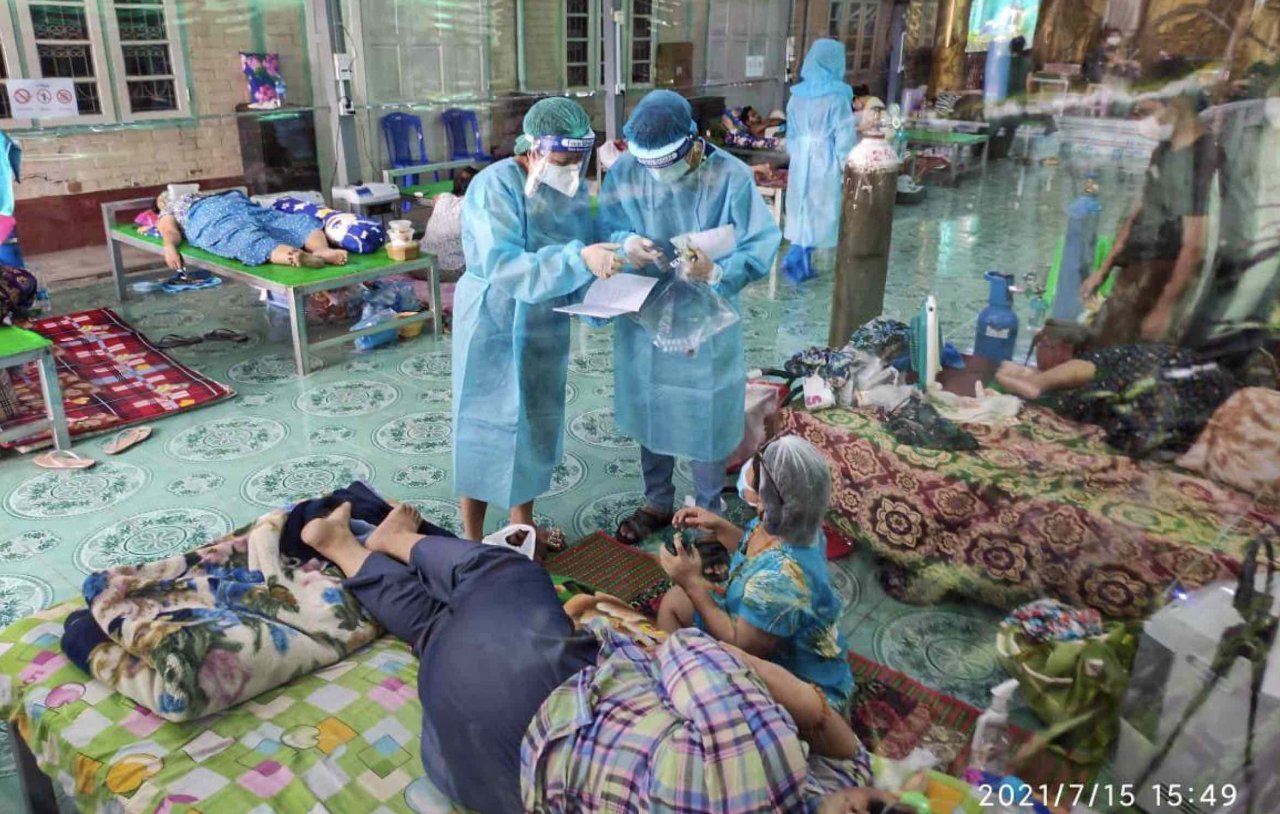
Noodkreet uit Myanmar
Nederlandse arts vraagt om hulp aan het Zuidoost-Aziatische land
Learn about noodkreet uit myanmar